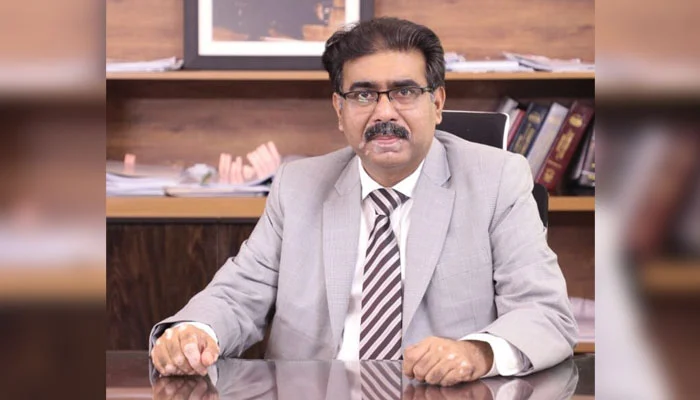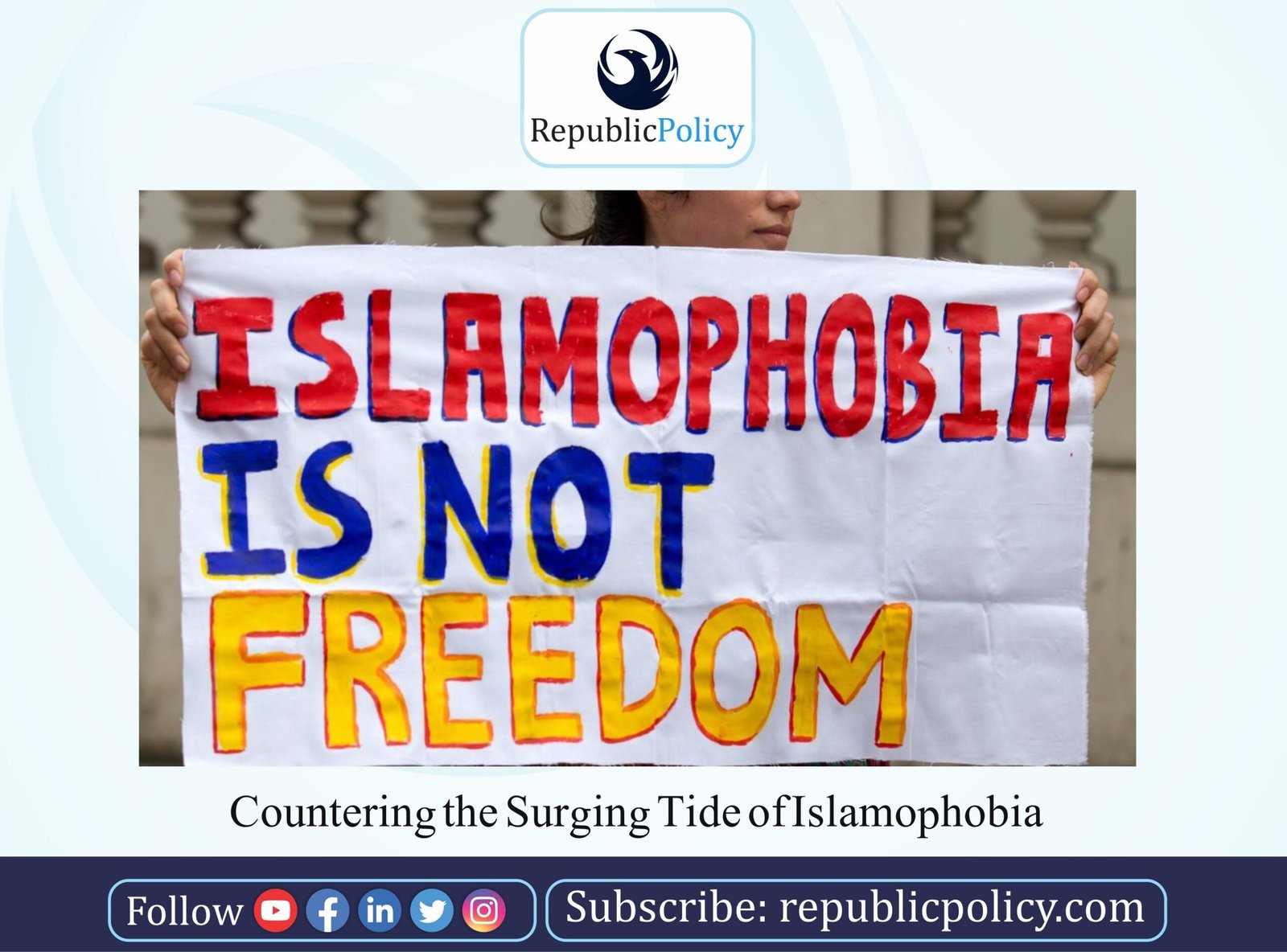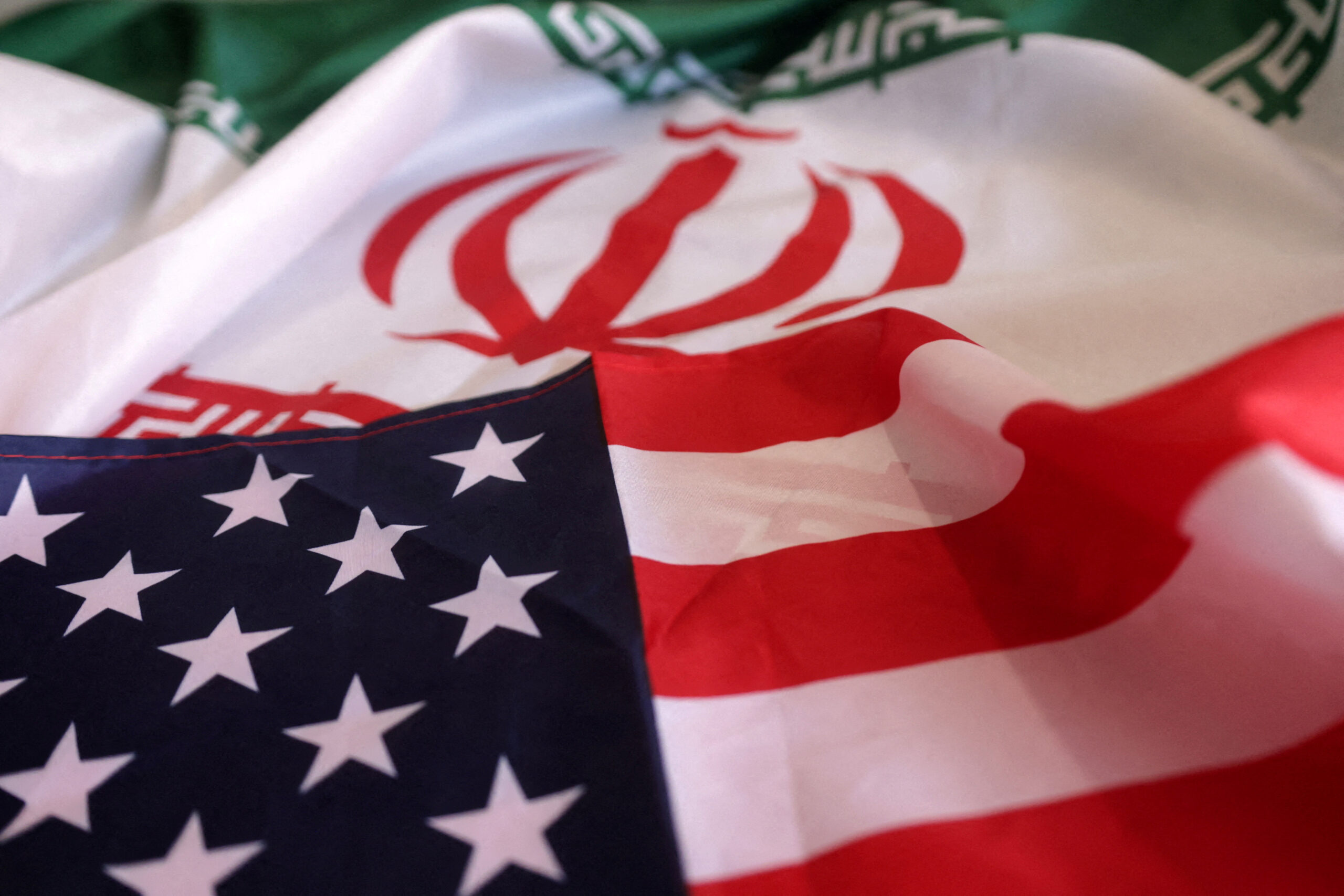Muhammad Bilawal Kamran
The UN in Pakistan has been supporting Pakistan for several years in various aspects of its endeavour to realize sustainable development goals SDGs. Policy and technical supports feature prominently in the UN’s contribution to achieving SDGs in Pakistan. In 2018, the Government of Pakistan and the UN in Pakistan signed the UN Sustainable Development Framework (UNSDF), also known as the Pakistan One United Nations Programme III (OP III) 2018-2022. This Framework is a medium-term strategic planning document with planned results focusing on ten critical outcomes identified through extensive consultation with multiple stakeholders and in alignment with Pakistan’s development priorities. Under the guidance of OP III 2018-2022, UN agencies in Pakistan have been closely cooperating with the Government in various thematic areas, thus contributing to the outputs specified in the document and, eventually, the pursuit of SDGs in Pakistan.
Pakistan affirmed its commitment to the 2030 Agenda for Sustainable Development by adopting the Sustainable Development Goals (SDGs) as its national development agenda through a unanimous National Assembly Resolution in 2016. Since then, the country has made considerable progress by mainstreaming these goals in national policies and strategies and developing an institutional framework for SDGs implementation in Pakistan. SDG support units have been established at federal and provincial levels with the planning institutions (Ministry of Planning Development and Special Initiatives and Provincial Planning and Development Departments) to guide SDGs implementation and monitor it progress. In 2018, the Government designed and approved a National SDGs Framework that envisages a national vision to prioritize and localize SDGs. Localized provincial SDG Frameworks are being formulated. The focus of the Government is on mainstreaming SDGs in planning processes, ensuring intense monitoring and reporting on SDGs. Furthermore, to guarantee public financial allocations are aligned to SDGs, alternate financing modalities are being explored, and to benefit from the use of technology to accelerate progress towards SDGs.https://republicpolicy.com/the-challenges-of-administrative-reforms-in-pakistan/
These goals are critical for the socio-political development of Pakistan. They include no poverty, zero hunger, good health and wellbeing, quality education, gender equality, clean water and sanitation, affordable and clean energy, decent work and economic growth, industrial innovation and infrastructure, reduced inequalities, sustainable cities and communities, responsible consumption and production, climate action, life below water, life on land and peace, justice and strong institutions. Pakistan is a signatory to these SDGs and, thus, responsible for achieving the targets as supported financially by the different agencies.
How do governments work in Pakistan? Pakistan is a federal republic according to article one of the constitution. Thus, powers are distributed between the federal and provincial governments. Then, to execute the powers, all tiers of Government establish institutions to execute and implement the policies and laws. Therefore, institutions are critical to governments. Then, the functional institutions are the end of effective administration. The federal, provincial and local government institutions in Pakistan are partially functional. Therefore, implementation has been a serious concern over the years. There is a capacity crisis of public human resources, which is the primary reason that the objectives of the institutions are partially achieved. Apart from functional administrative reforms, the political executive’s role is critical for attaining objectives.
The primary reason the partnership with United Nations is less advantageous is the capacity crisis of the institutions. The departmental or organizational capacity to execute projects needs to be functional. The financial spending needs to be revised, and administrative execution needs to be more active. Therefore, the institutions in Pakistan need help to implement national and international projects. Hence, it is the foremost requirement to make institutions compatible with technological advancement and modern administrative compulsions. Therefore, institution-building is critical to achieving the goals of sustainable development programmes.
The objectives of SDGs can rebuild the socio-economic foundation of the country. The goal of poverty alleviation is central to the social uplift of Pakistan. Poverty is directly linked to the standards of the economy. The social sector comprising health, education, and social security is critical for human development. Although the federal and provincial governments are working on attaining SDGs, the administrative bottleneck still needs a functional local government system. The devolution and functioning of the local government system are critical for developing human capital. The developmental infrastructure requires financial mobilization, accurate spending and administrative functionality.
The primary reason that objectives are not achieved is that they are not completed in time. Hence, the financial and administrative costs are enhanced, and productivity is compromised. It is critical that projects are completed in due course of time. Therefore, it requires the enhancement in the capacity of public human resources and easing out of administrative compulsions such as official processes and layouts.https://republicpolicy.com/role-of-local-government-in-community-empowerment-and-participation-a-case-study-of-khyber-pakhtunkhwa-2001-2018/
Urban development is a crucial factor in the provision of qualitative life to the residents of cities. Urban development in Pakistan has been a failure. The role of professionals is far less than that of general bureaucrats. A specialized faculty and specialized human resource with specialized organization autonomy are required to meet the standards as laid out by the UN’s SDGs. The reforms are crucial to meet the objectives of SDGs. Reforms are always a complicated and complex phenomenon; however, the objectives shall remain unachievable with this archaic and obsolete system of governance. Pakistan needs public E-Governance with a special bureaucracy having organizational autonomy.
The SGDs of the United Nations are an opportunity to avail. Pakistan can not only meet the financial support but also enhance the capacity of the institutions. There are two vital prospects for Pakistan; one is the transfer of technology, and the other is enhancing the capacity of the organizations and human resources. The administration in Pakistan must realize that technological innovation is the way forward. Therefore, international partnerships are critical for attaining it. It is an available opportunity to work closely with the United Nations and other international organizations to achieve socio-economic development objectives. Lastly, nation-building means institution-building. The social, administrative and political institutions should compete with international standards. Hence, it must be the priority of the governments to work closely with the UN and, thus, achieve the objectives of the SDGs.

















